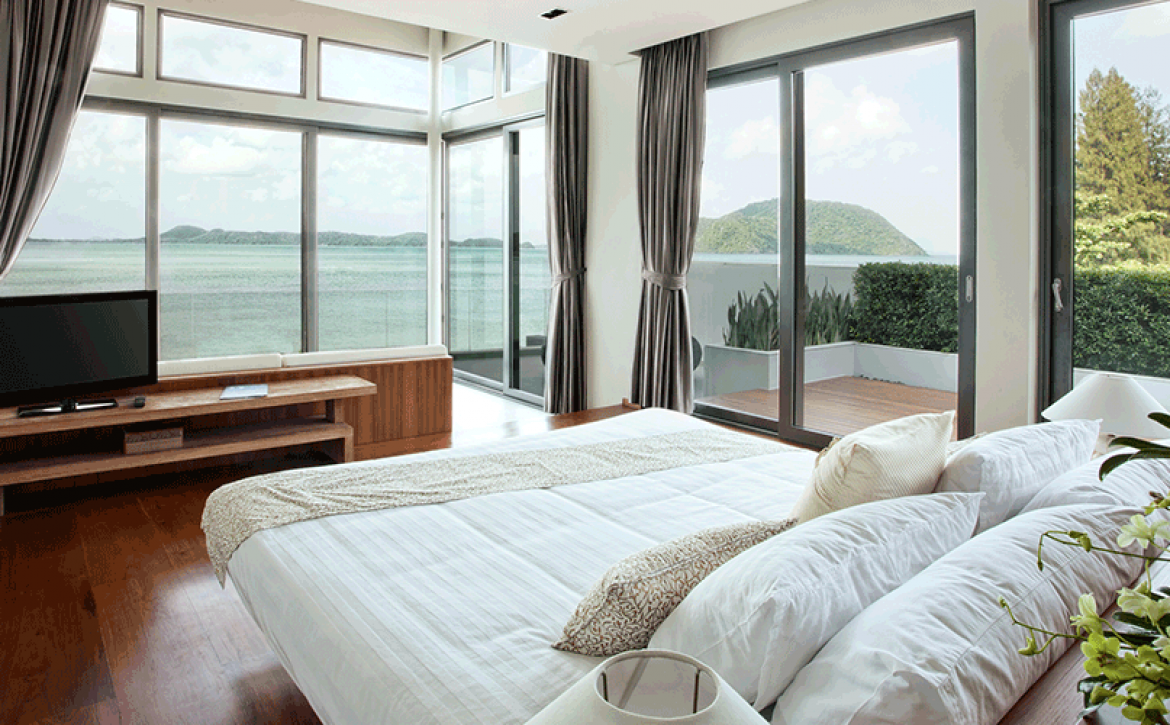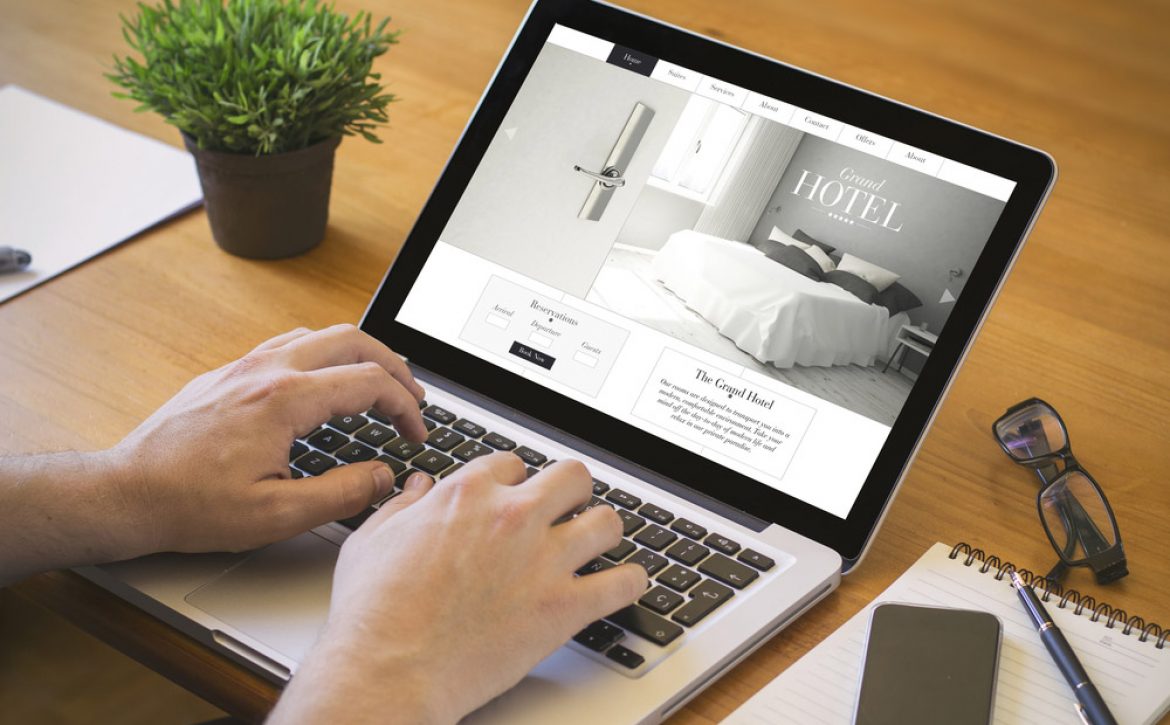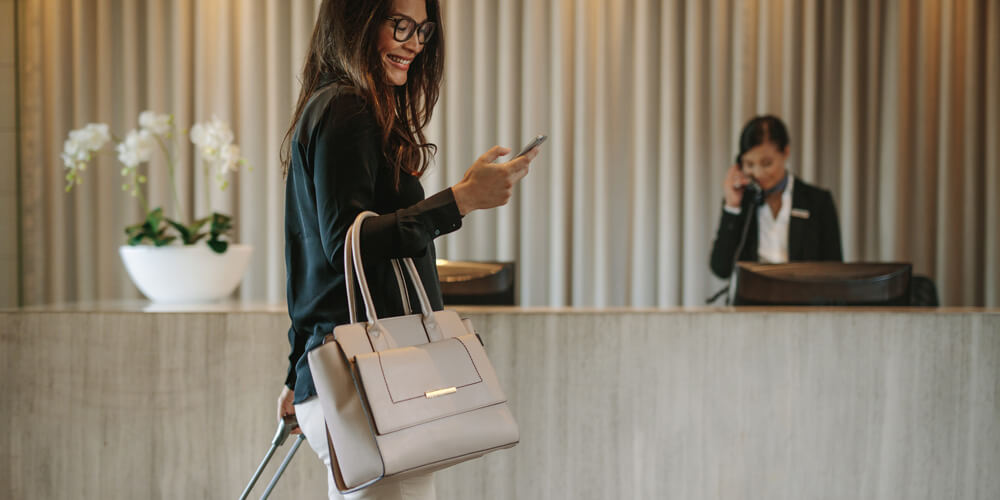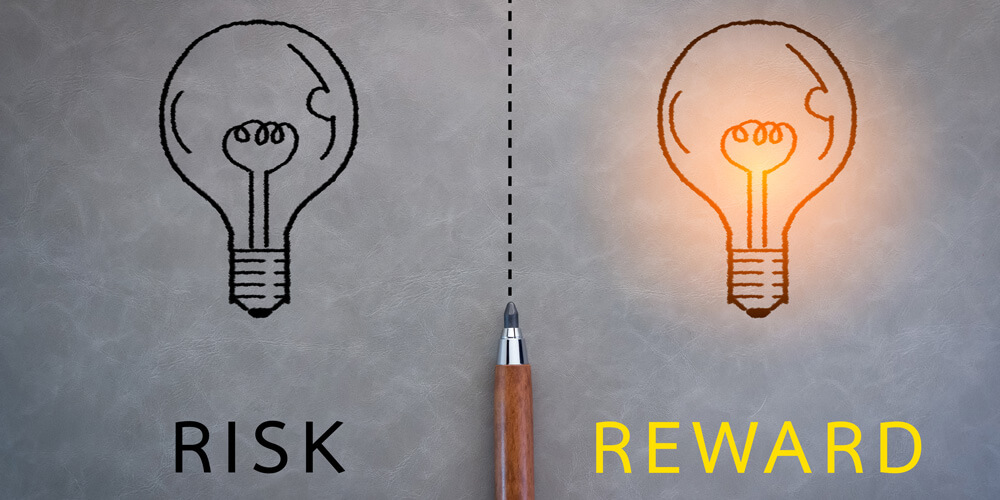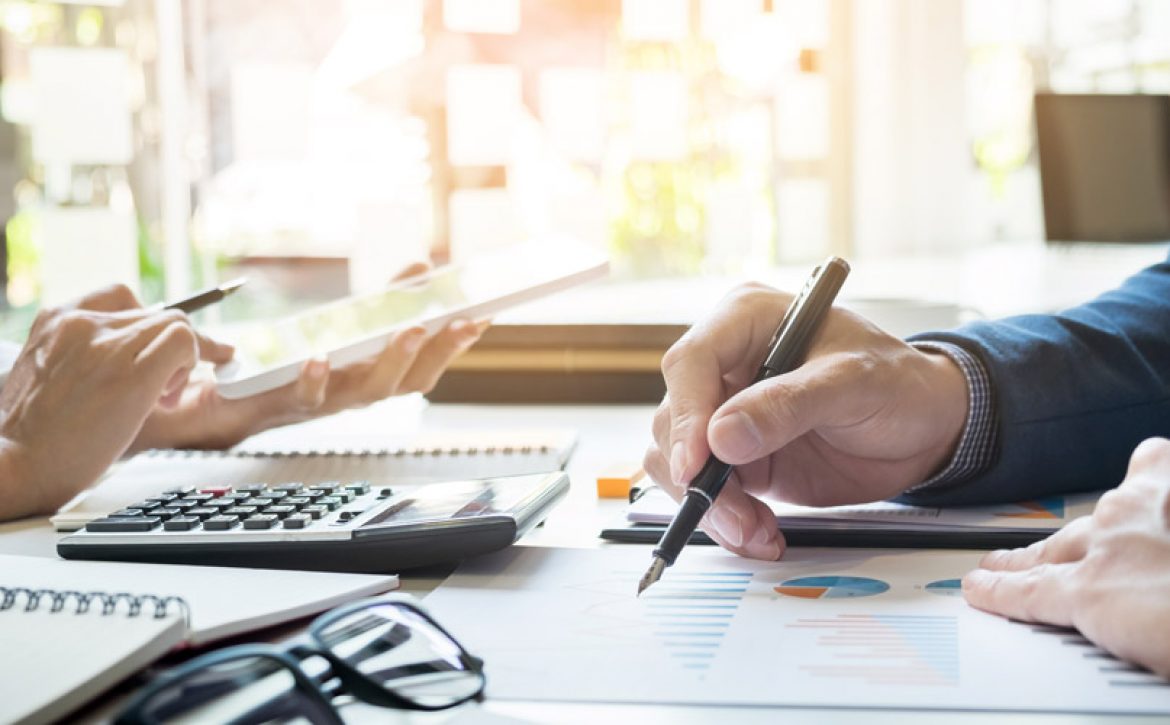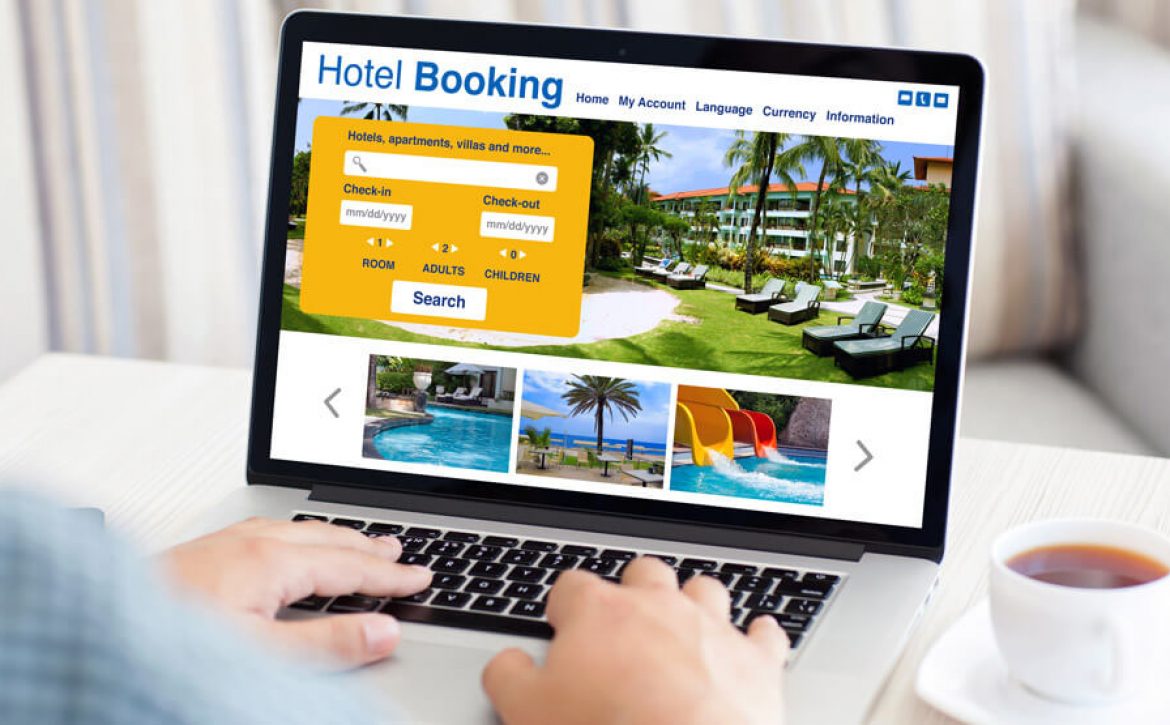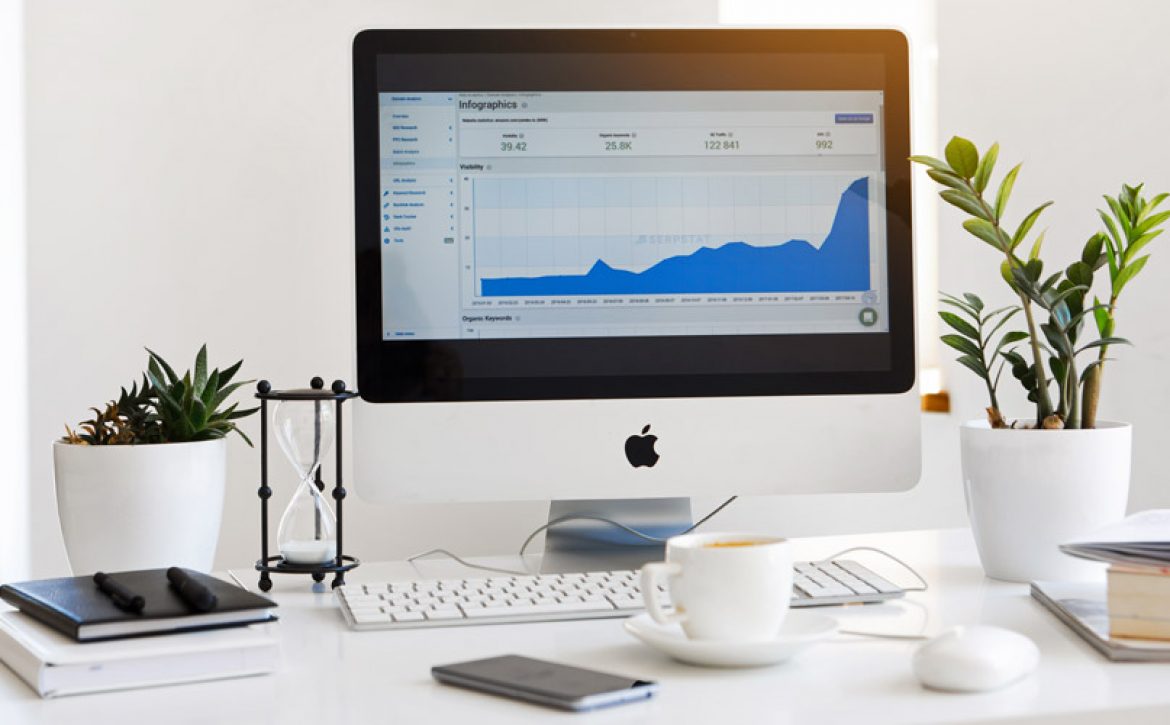Cloud vs On-premise PMS for hotels: which one is better?
Hotel owners have always been debating on whether to choose a hospitality management software on the cloud or just keep sticking with the good old On-premises system. The technology-savvy hoteliers would preferably lean on the modern cloud-based PMS, which has gradually caught up with all the features, conveniences, and benefits one seeks for earlier on the On-premises PMS.
As its name describes, On Premises’ PMS and data are stored on a physical server at the site. The software shall then be installed on any workstation that needs access to it. The cloud-based PMS, on the other hand, typically features access through a web browser-based, making the software highly flexible and delivering real-time access to hoteliers.

The cloud computing hospitality management software has been favored by hoteliers in the last few years, making a significant shift in the industry
Switching over to a cloud-based Property Management System has been going on for a while now. What does the cloud have to offer making this paradigm shift? Is it a trend or it is a new movement? Both systems serve the same purpose, however, each can be tailored to its customer’s needs differently. Here are a few highlights on the pros and cons of the two systems that have stood out for us.
Technical Differentiations
On-premise Property Management System requires a significant number of “on property” hardware compared to the Cloud-based one. It gives the hoteliers total control: data and the system, system configurations, networks, updates, and changes are all yours to decide. Running the On-premises PMS means hoteliers must maintain a dedicated server room, which also needs an effective cooling system and an around-the-clock support team to keep everything up and running smoothly.

On-premise hotel management system puts hotel owners in complete control of the system, while be a heavy burden expenditure upfront
Backup data and migration can become a headache. They get accumulated over time. To make sure you store data correctly, update in time and security in check shall drain out your human resources.
With the cloud computing vendors, the PMS providers would be responsible for most of the IT operations expense. The hoteliers can also get the advantages from the cloud computing vendors’ highly available servers, at their optimal performance. The upgrades and backups will also be covered by your vendors, as all of these are included in your contract.
The Cost
The On-premises PMS licensed fee normally does not include the initial setup fees and already totals up a huge sum of capital. The hidden cost includes hardware server costs, additional IT staff expenses to manage the system infrastructure, maintenance fees (yes, more maintenance fees), and the expenses of other 3rd party software integrations. Depending on the size of your hospitality business, everything adds up and gets more expensive by the day. The capital expenditure spent on the On-premise PMS can be a burden for small and medium-size hotel businesses.

The cost of purchasing a hospitality management system in a long term is not sustainable as your business model scales up
A cloud-based PMS has a much lower entry cost. They charge a fixed monthly subscription model, with a small initial setup fee. No server cost, maintenance fee, extra human resources cost, lower energy bills and is an extremely affordable budget for small and medium scaled hotel businesses.
Mobility & Scalability
If you value the ability to be accessible to your PMS anywhere in the world at any given time, the cloud-based Property Management System is the one. Your system is hosted on the internet and can be available to login using any devices supporting a web-based browser. Certain access restrictions can also be set up to enhance security if you have the need to do so.
Although you can set up your On-premises PMS to be accessed from an off-site workstation or device, remote access can be affected by various factors. Getting real-time data can certainly be challenging, especially not at the speed that cloud-based PMS delivers.
The cloud computing system provides greater flexibility in scaling up or down your hotel model and gives you the option to add or scale back licensing fees.
Integrations
The On-premise PMS has been around for years, way before the cloud-based system. It gets developed and integrated with countless integrations from accounting software to POS systems, from F&B to in-room management systems, and much more. However, the implementation of the process is complex and time-consuming. As cloud computing services are growing faster than ever, 3rd party software is constantly developing to adapt to the prevalence of cloud-based solutions. The integration process is getting easier and faster on the cloud thanks to the open API. Undoubtedly, On-premises PMS is still ahead of the Cloud-based system when it comes to the number of integration capabilities, the flexibility of built-in reports that got customized, added over the years.

The cloud-based PMS makes the integration faster and much easier with the open API
Security
Many hoteliers are afraid of not being in control if they cannot physically neither see nor locate the system in their property. It is old-fashioned thinking and is a quite common mindset found in the hospitality industry, mostly in big corporations and international hotel chains.
In reality, they fail to consider following the security standards protocols for the in-house system. The server has to function at all times, meaning your hotel should have an uninterrupted power supply 24/7 with backup power to keep your server operating in a power outage or unexpected occurrences. Data backup for any crucial business data on your system is also essential in case of unusual erasing data events. Otherwise, a security breach can happen, losing your internal data, your brand reputation, revenue loss is unavoidable.

On-Premises Property Management system puts you in total control of your servers, hardware, upgrades, data and so on, however, security protocols can be chaotic
The cloud-based PMS vendors have the expertise to carry out security procedures in building and maintaining the highly robust cloud computing platform. They help to remove all those hassles and vulnerabilities associated with servers automatically. With all the security standards to comply, hoteliers can rest assured that their data are well protected, the system is running up-to-date. They also offer public and private cloud computing networks for hoteliers to choose from depending on their preferences.
Which Property Management System is right for my business?
There is certainly not a right or wrong answer. Every hotel has its own requirement, expectation, and deployment strategy. Undoubtedly, there are many benefits the cloud-based PMS has outperformed On-premises:
- Lower upfront cost: servers, IT staff, hardware, etc.
- Regular and predictable cost for license fees and maintenance.
- Highly accessible to the system in real-time
- Quick and easy integration
- Highly secured and very high uptime
It explains the widespread adoption of cloud-based systems. The only thing you have to hold responsible for is your Internet connectivity which is basic infrastructure any hotel should already have in place. In fact, the switch to cloud-based PMS is not impossible for the existing On-premises system. With all said and done, we believe the shift toward Cloud-based PMS is here and you should take it into consideration. What is your thought on those two systems? Which PMS platform system you would go with? Share with us in the comment section down below.
We also have a previous blog on the controversy of “Buy or Build your own Property Management Software?”. Be sure to check it out and don’t forget to tune in to the next blog where we share our own journey in Building hotel management software right here next week.
Learn More
